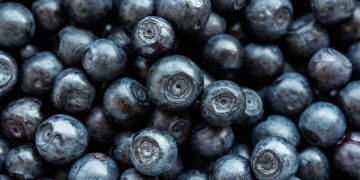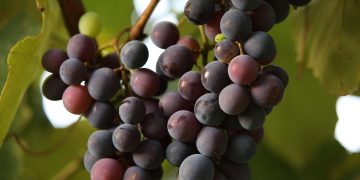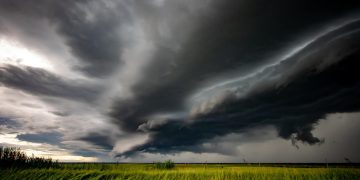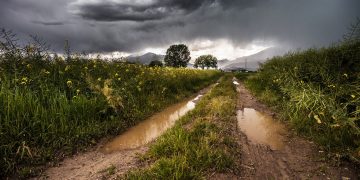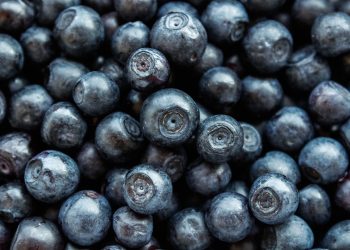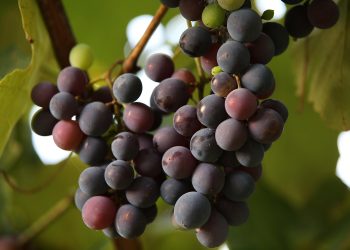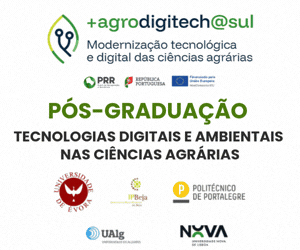Picture the following scene in the Netherlands: kids roll dice and move grandmother around a board to collect the ingredients she needs for a meal.
This is a boardgame proving popular with young children in a neighbourhood in the city of Utrecht. But there’s more to this entertainment than meets the eye.
Recipes and maps
‘At the end of the game, the kids get a little recipe card and a little map so that they can go find the food themselves in their own food forest,’ said Jessica Duncan, a sociologist at Wageningen University in the Netherlands whose team designed the game.
Their food forest is part of Rijnvliet, a neighbourhood where residents can gather passion flowers, pears, herbs, apples and other ingredients. A group of artists has set up camp to bring the community together around foodie fun. They’ve cooked pizzas on a Friday evening with ingredients from the forest.
This Dutch food forest is just the tip of a burgeoning popularity of urban farms and communal food activities spreading through Europe as people embrace local, more sustainable produce.
‘We’re seeing a wave of food sharing emerging for a whole host of reasons,’ said Duncan, who has visited the food forest as part of a research project called CULTIVATE in which she participates.
Running four four years until the end of 2026, the project received EU funding to promote sustainable food sharing in Europe.
As Europe seeks to improve both human diets and agriculture’s environmental footprint, cities, suburbs and towns can be a trigger for change because they’re home to the majority of people living in the EU.
Urban authorities, residents and volunteer groups can set the bar for food production and consumption through the choices they make about procurement in schools and public canteens, the management of waste, local distribution chains and even the growing of food.
Such steps advance the European Green Deal’s goal of a sustainable food system in which the health of people, communities and the planet is recognised as being interconnected.
Sharing is caring
A collective called “Food Not Bombs” in the Polish city of Gdansk on the Baltic Sea provides another example of food sharing taking root in Europe.
Volunteers collect perishable food left at the end of market day to cook soup, offering it to tourists and homeless people alike for free.
“We have always shared food.
A previous EU research project, SHARECITY, compiled a record of food-sharing initiatives like these. It mapped activities in 100 cities around the world, home to thousands of initiatives such as urban gardens, community kitchens, surplus food distribution and seed sharing.
‘We have always shared food,’ said Anna Davies, a professor of geography at Trinity College Dublin in Ireland who coordinates CULTIVATE. ‘It is the basis of human civilisation.’
Urban agriculture can be about reconnecting with nature, building relationships and acquiring new skills while gaining a sense of self-fulfilment. People often get a mental- health boost from enjoying the fruits of their labour with others, according to researchers.
‘Community gardens can generate a whole host of benefits – not just growing food – such as reducing loneliness and increasing health and wellbeing,’ said Davies.
Off the radar
Yet urban food endeavours can be absent from official plans on nutrition, social support and city development.
This is partly because community food-sharing efforts may have little time to promote their benefits.
‘Rarely are their impacts measured,’ said Davies.
An urban community garden might offer fulfilling activities for elderly volunteers or provide food for a school breakfast club, yet these contributions go largely unrecorded by authorities.
CULTIVATE wants to ensure food sharing becomes more widely known and appreciated.
It uses artificial intelligence to map, track and monitor European food-sharing initiatives that have an online presence.
An online platform – Sharing Solutions – will bring them to light and report on their environmental and social goals. It’ll be tested in Utrecht, Barcelona in Spain and Milan in Italy.
Cultural connection
Others too are taking a closer look at side benefits from urban agriculture.
Cristina Grasseni, a professor of cultural anthropology at Leiden University in the Netherlands, delves into food to investigate cultures.
“Producing food seems to be positive for people’s mental health.
‘Producing food seems to be positive for people’s mental health,’ she said.
Grasseni’s approach is to rub shoulders with her subjects of study, such as when she spent two seasons with Alpine cow herders taking cattle to high pastures.
More recently, Grasseni has volunteered at a city farm in Utrecht as part of an EU-funded project that she leads. Called FOOD CITIZENS, it began in September 2017 and runs until the end of February 2024.
Grasseni said urban food-culture initiatives can offer much more than the experience of going to a supermarket, ‘such as regaining contact with nature, getting your hands dirty, activating relationship networks and being in a low-stress environment.’
The project investigates people’s involvement in farming in European cities including Rotterdam in the Netherlands.
At a land trust north of Rotterdam, about 200 households jointly own 20 hectares of land and employ a farmer to grow food organically. The people involved learn from the farmer, take time to assist and share the harvest, whose size – depending on the growing conditions – determines how much food the participants receive.
Diverse patchwork
More than 50 case studies in the Netherlands, Italy and Poland show there’s no one-size-fits-all approach to self-organised food initiatives in Europe and no such thing as an average “food citizen”, according to Grasseni.
Food forests seem especially popular in the Netherlands, while Poland retains a culture of urban allotments for growing vegetables.
Rijnvliet was built on one of the last pieces of agricultural land in Utrecht and its food forest pays homage to that heritage. It offers greenery, locally grown food and a focal point for the community.
And there, kids are discovering that food really does grow on trees and looking forward to future harvests to fill granny’s recipes.
Research in this article was funded by the EU via the European Research Council (ERC). If you liked this article, please consider sharing it on social media.
Food 2030
The EU is seeking to spur a transition towards sustainable, healthy and inclusive food systems through its research and innovation policy framework known as “Food 2030”.
Food 2030 is driven by an awareness that current production and consumption patterns are affected by and contribute to crises including malnutrition, climate change, biodiversity loss and resources scarcity.
The framework brings together research and innovation players in different areas to tackle interconnected challenges through a systemic and multi-actor approach.
The main goals include developing knowledge and impactful solutions fostering sustainable healthy diets; climate-friendly, environmentally smart and circular food systems; and resilient and empowered communities. Other top goals are encouraging new business models, capacity building and education for a just and fair food-systems transition respecting planetary boundaries.
This article is relevant to the Food 2030 Pathway on urban food-systems transformation.
O artigo foi publicado originalmente em Horizon, the EU Research and Innovation Magazine.

